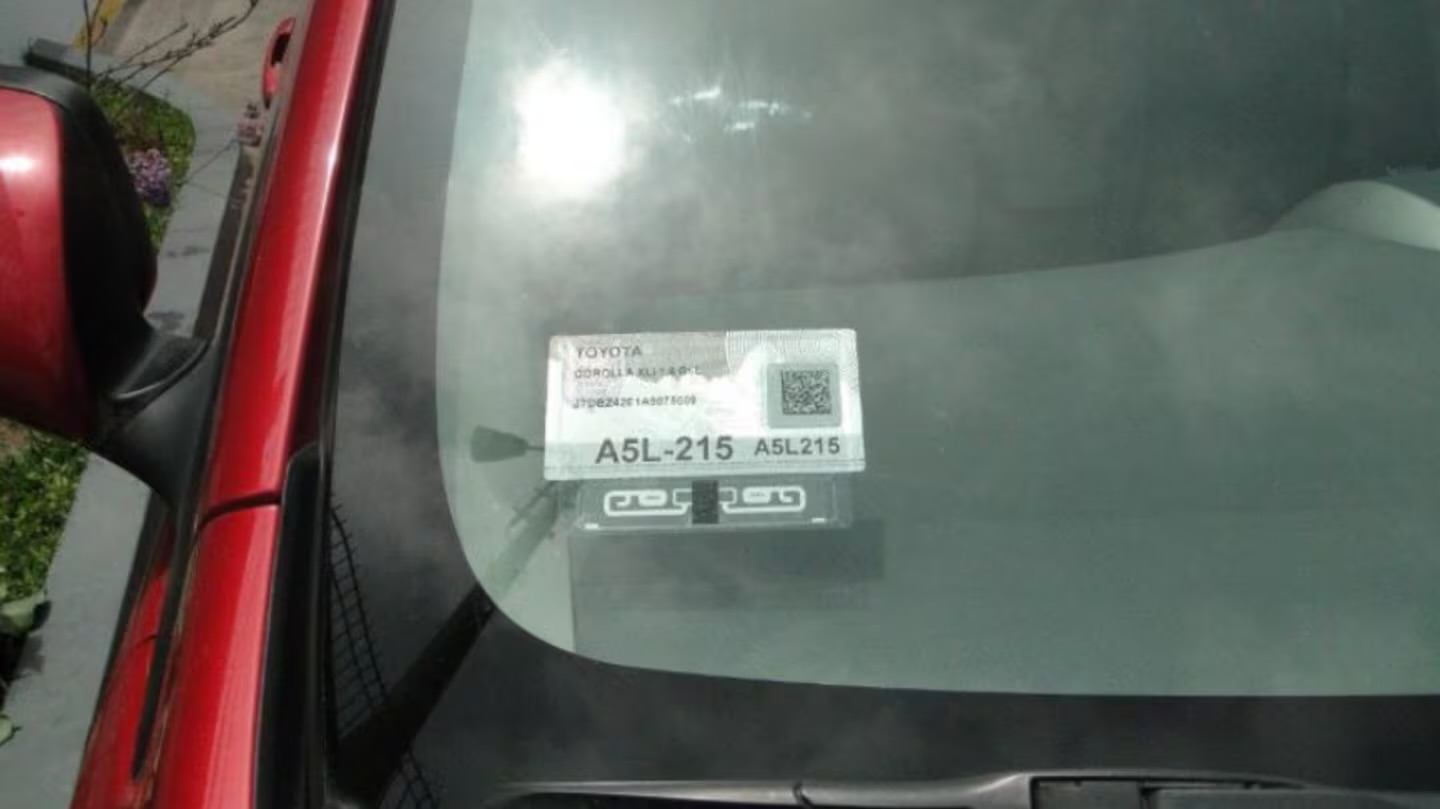Quito Introduces the "Third License Plate" for Safer, Smarter Traffic Management
In 2025, Quito will implement the Electronic Vehicle Identification Device (DEIV), also known as the "Third License Plate." This advanced system will only record the vehicle’s license plate number and chassis, enhancing road safety, traffic efficiency, and data protection.
What is the DEIV or Third License Plate?
The DEIV is a technological solution that uses RFID tags and QR codes to efficiently identify vehicles. Each vehicle will have a passive RFID tag, compliant with the 18000-6C standard (UHF RFID Gen2 v2), offering a reading range of up to 12 meters and a minimum lifespan of five years. Additionally, a QR code will store detailed information with error correction and encoding in line with ISO/IEC 18004:2006 standards.
How Does It Work?
The system identifies vehicles using reader arches and antennas, as well as handheld devices for specific checks. All data collected is processed within a secure system that ensures the confidentiality of information.
Key Benefits of the DEIV
1. Accurate and Quick Vehicle Identification
The DEIV streamlines vehicle identification, improving traffic control.
2. Enhanced Road Safety and Traffic Flow
By automating identification, the system contributes to safer and more efficient roads.
3. Lower Emissions
Reduced traffic congestion supports initiatives to cut air pollution.
4. Corruption Prevention
Automated traffic controls reduce opportunities for corruption.
5. Better Traffic Management
The DEIV provides data to improve traffic planning and regulation within Quito’s metropolitan area.
Commitment to Data Protection
The DEIV is designed with data security as a top priority. The system’s database will only store the vehicle’s license plate and chassis information. The project complies with the Organic Law on Personal Data Protection, with guidance from the Superintendent of Personal Data Protection.
Security Measures Include:
- Strong Encryption: Ensures data is protected during transmission.
- Access Control: Robust authentication protocols safeguard data.
- Compliance with Laws: Strict confidentiality standards govern data handling.
Implementation Plan
The city’s Mobility Commission is currently reviewing the ordinance for DEIV implementation. Upon approval, the procurement process to select a qualified provider will begin in the second half of the year. Technical regulations and installation procedures are expected within 30 days of the ordinance being enacted.
Funding and Costs
The project’s estimated cost is USD 5 million, funded by municipal resources as part of the “Road Safety and Traffic Control Promotion” initiative.
Source: Metro.
